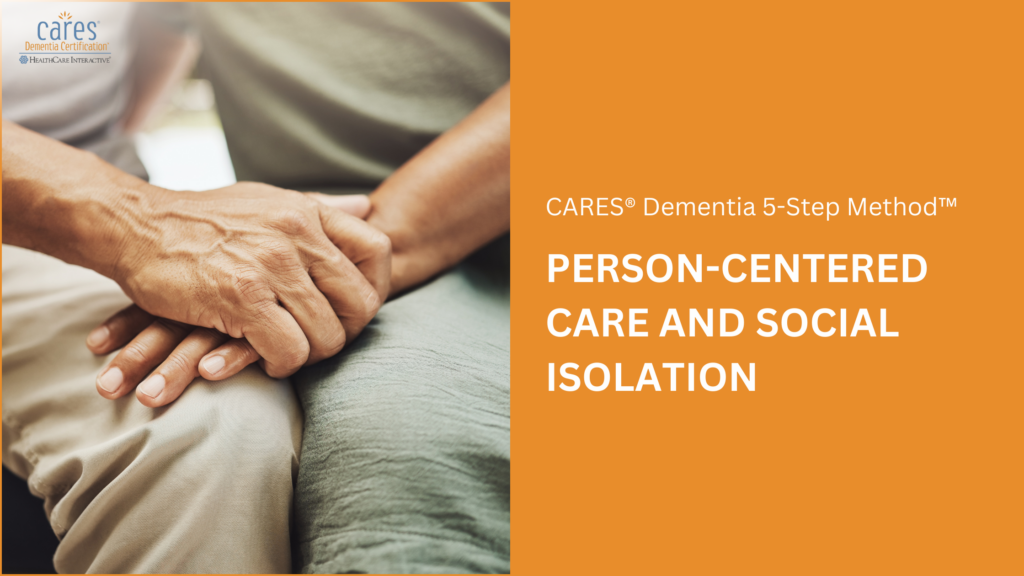COVID-19 has significantly changed how we provide care, especially for people living with dementia. It’s a tough time for everyone, but the challenges are even more pronounced for those who might already be confused or frightened by the world around them. Even with all the changes, one thing is clear: Dementia care during pandemic requires more attention than ever.
Challenges in Dementia Care During COVID-19
Caring for someone with dementia during the pandemic comes with its own set of challenges. One of the biggest is communication. Wearing a mask, although necessary, can be overwhelming for someone who may not fully understand why it’s required. They might not recognize you behind the mask, and this can make them anxious or upset. The trick here is to keep things familiar. Even though you’re wearing a mask, try to engage with them the same way you always would—calling them by name, speaking in a calm, reassuring voice, and showing kindness through your eyes and body language.
Another major concern is the impact of COVID-19 on dementia care, as lockdowns and restrictions have disrupted routines, making daily activities more difficult for patients and caregivers alike. The effects of isolation have made Dementia care during pandemic even more challenging, requiring caregivers to find new ways to maintain connection and comfort.
Adapting Person-Cantered Care
The CARES® program, which focuses on person-cantered care, offers practical ways to handle situations like this. One simple but effective approach is to gently explain why you’re wearing a mask. It might take a little patience, but letting them know that the mask is for their safety can help calm their worries and make them feel more comfortable.
A key part of Managing dementia patients during COVID-19 is adjusting how we interact with them. Small efforts, like maintaining eye contact and using a familiar tone, can provide a sense of stability even when routines are disrupted. With limited physical contact and changes in daily schedules, Dementia care during pandemic requires even more patience and creativity from caregivers.
Additional Considerations
Another important aspect to consider is their emotional well-being. Some patients may find comfort in staying in their rooms, where they feel safe. Encouraging them to step out, even if it’s just to sit in a chair nearby, can help break the isolation. It’s okay to take small steps and don’t force them to do anything too quickly.
Safe caregiving during the pandemic also means making sure they feel emotionally supported. Something as simple as a comforting routine or familiar music can help in improving patient comfort and easing anxiety. Since Dementia care during pandemic can feel unpredictable, maintaining familiarity in their surroundings and interactions can help reduce stress for both patients and caregivers.
And when it comes to TV, it’s important to be mindful of what’s on. If there’s something distressing happening in the world or something that might trigger anxiety, consider switching to something more calming. The goal is to help them feel as comfortable and secure as possible during these uncertain times. That’s why caregivers must recognize the pandemic effects on daily care and adapt their approach accordingly.
Would you like to earn your certification in CARES® Dementia 5-Step Method?
Start now and gain access to Module 1 for free at www.hcinteractive.com/5StepDemo.
Don’t miss out—this limited-time offer is available now!

